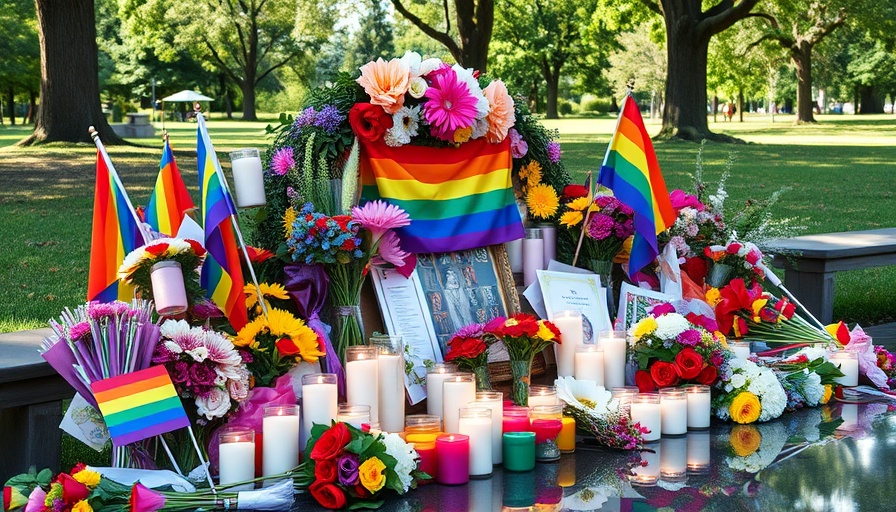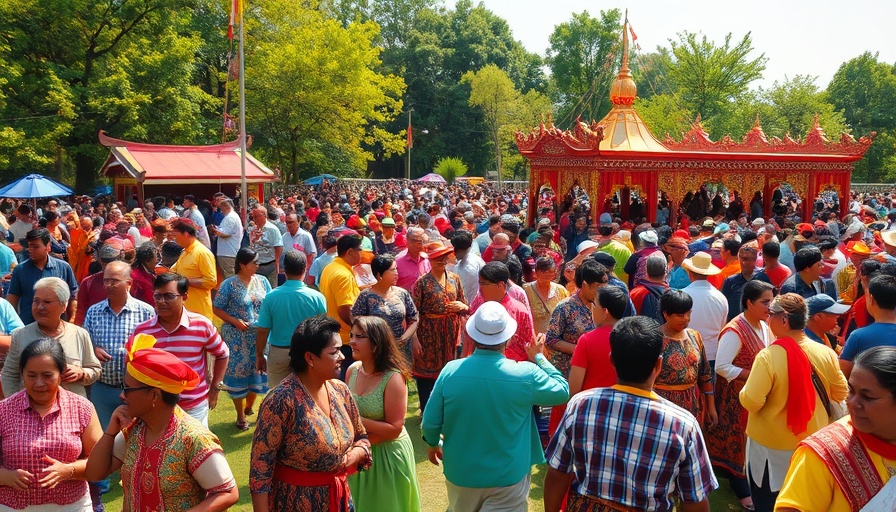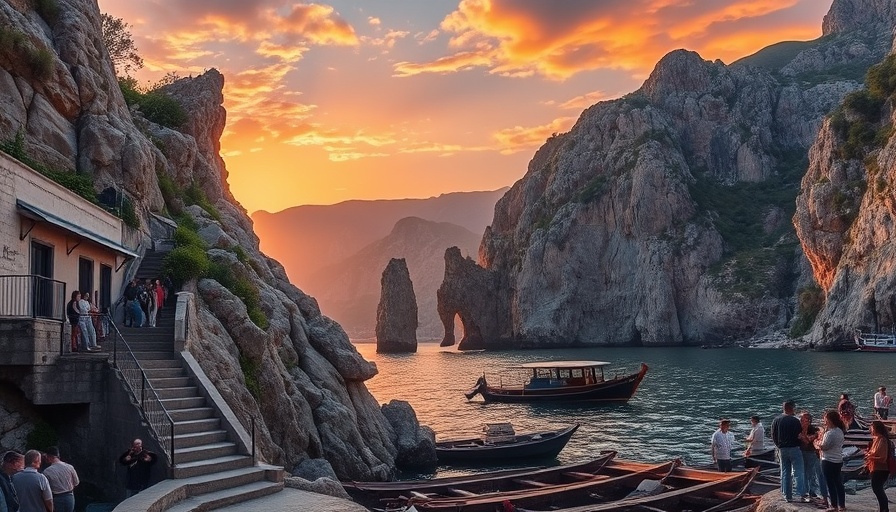
Explore America's LGBTQ+ Heritage Through National Parks
As the nation continues to celebrate the progress made in LGBTQ+ rights, America’s National Park Service (NPS) plays a crucial role in recognizing and preserving the contributions of LGBTQ+ individuals to the rich tapestry of the United States' history. This initiative began formally in 2016, coinciding with the NPS's centennial, highlighting places across the country that hold seminal cultural and historical significance for the queer community.
Stonewall National Monument: The Birthplace of a Movement
Located in the bustling Greenwich Village of New York City, the Stonewall National Monument stands as a landmark to the pivotal Stonewall Rebellion of June 1969. This uprising marked a critical juncture in the fight for LGBTQ+ rights when revelers at the Stonewall Inn resisted a police raid, igniting a movement for equality that has since resonated worldwide. Activists Marsha P. Johnson and Sylvia Rivera became icons, representing resilience and bravery. Ann Marie Gothard, co-founder of the Stonewall National Monument Visitor Center, encapsulates its essence: “Stonewall was about the fundamental right to live authentically.”
A Journey Through Time: Recognizing Other Key Sites
Beyond Stonewall, other NPS sites tell diverse stories of courage and advocacy. The near-complete list of LGBTQ+ designated sites included historical homes, like the home of Bayard Rustin, an unsung hero of the Civil Rights Movement and an openly gay man whose commitment to nonviolent protest was pivotal.
Additionally, the Harvey Milk Plaza in San Francisco pays tribute to the late activist and politician, whose fight for equality paved the way for gay rights, influencing future generations.
Learning from the Past: The Importance of Preservation
These national sites serve not only as educational platforms but also as places of reflection. They encourage visitors to contemplate the historical injustices faced by LGBTQ+ individuals and honor those who have fought tirelessly for rights and visibility. As travelers embark on their journeys across the U.S., it is vital to recognize the cultural significance embedded within these landscapes. More than just parks and monuments, these sites offer invaluable lessons on perseverance and the ongoing quest for equality.
Future Implications and Trends in LGBTQ+ Recognition
As society makes strides towards inclusivity, the role of national parks in reflecting diverse stories will only grow more important. Historical recognition not only affirms the past but also shapes public consciousness regarding current issues. By prioritizing LGBTQ+ history, the NPS aids in fostering an environment where all identities are valued and understood.
This Journey is Inclusive: Making LGBTQ+ History Accessible
Understanding and honoring LGBTQ+ history creates pathways for acceptance and empathy. For many LGBTQ+ individuals, visiting these parks offers a sense of belonging and acknowledgement - an opportunity to connect with their heritage in a meaningful way. This accessibility is crucial as it reaffirms the necessity for inclusive spaces in all aspects of society.
The Call to Impact: Why Visit These Sites?
Visiting these landmark sites provides an immersive experience that not only highlights LGBTQ+ contributions to culture and history but also reinforces the values of respect, tolerance, and community. Engaging with these rich narratives helps promote understanding, making evident why these places matter to everyone, regardless of their identity.
Conclusion: Embracing the Legacy of LGBTQ+ Heritage
As more people embark on journeys through America’s national parks, they’ll not only discover the beauty of nature but also the profound histories embedded within it. For those looking to deepen their understanding of the LGBTQ+ experience, exploring these sites is a perfect starting point. Recognizing and celebrating this history helps ensure it is remembered and honored for generations to come.
So, what are you waiting for? Dive into the rich experiences these national parks have to offer, and embrace the profound stories of LGBTQ+ heritage.
 Add Row
Add Row  Add
Add 



 Add Row
Add Row  Add
Add 
Write A Comment